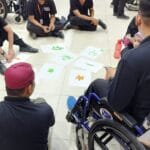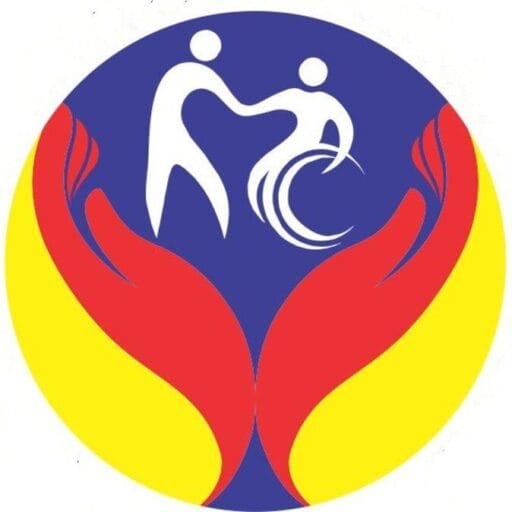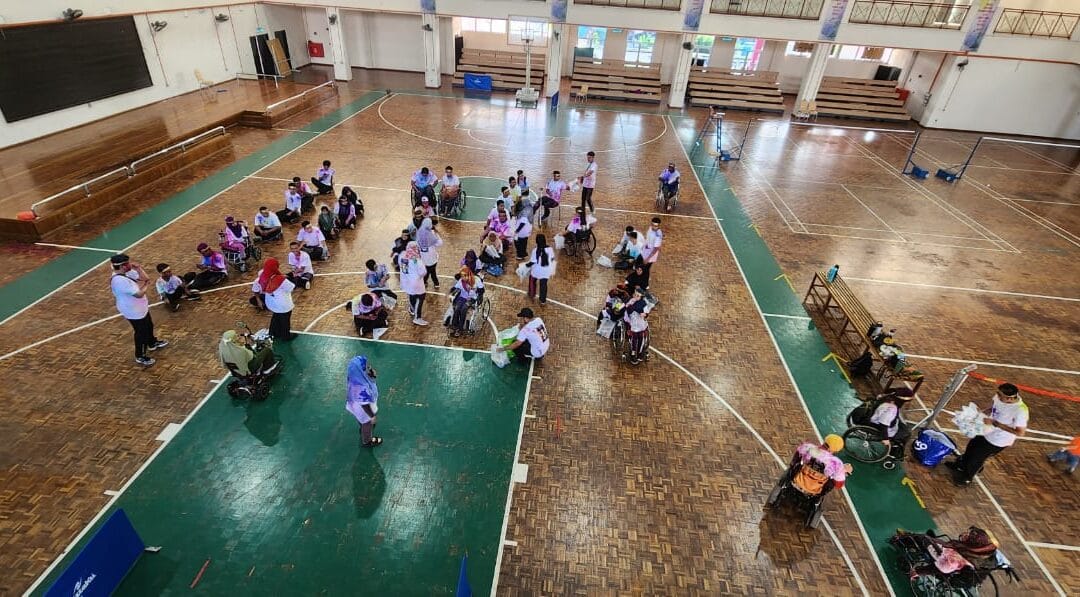The question of whether one can be grateful for being born with a disability is deeply personal and complex, eliciting a range of emotions and viewpoints. It challenges our understanding of gratitude, identity, and the human experience. Although it may seem counterintuitive to some, many individuals with disabilities express appreciation for their unique life experiences, viewing their disability not as a burden but as part of who they are.
Additionally, disability can be a catalyst for personal growth and self-discovery. Many individuals with disabilities describe how they have been encouraged to explore their strengths, develop creative problem-solving skills, and cultivate a sense of adaptability that transcends their disabilities. This process of self-discovery and personal development can lead to a sense of pride and gratitude for the person they have become as a result of their experiences.
The disability NGO movement has also played an important role in shaping perspectives on disability. The movement emphasizes the value of diverse bodies and minds, challenges societal norms and supports inclusion and accessibility. For many people, accepting their disability as a positive aspect of their identity is an act of empowerment and a counter to ableism.
However, it is important to acknowledge that the experience of disability is not a positive one. Many individuals face significant challenges, discrimination and obstacles in their daily lives. Chronic pain, medical complications and societal prejudices can make it difficult to feel grateful for one’s disability. It’s completely valid and understandable for someone to struggle with their disability or wish they didn’t have it.
The concept of gratitude in the context of disability is further complicated by the broad spectrum of disabilities and individual experiences. What one person finds empowering or enriching about their disability may be a source of frustration or distress for another. It is important to respect the various feelings and perspectives that individuals with disabilities may have about their own experiences.

Ultimately, the question of gratitude for being born with a disability is a very personal thing that each individual must deal with in their own way. What is most important is to create a society that values and includes all individuals, regardless of ability.
In conclusion, while some individuals may feel grateful for being born with a disability, it is important to approach this topic with sensitivity and respect for the diverse experiences of the disability community. The most important thing is to listen and amplify the voices of disabled individuals, supporting their right to determine their own relationship with their disability and their identity.

